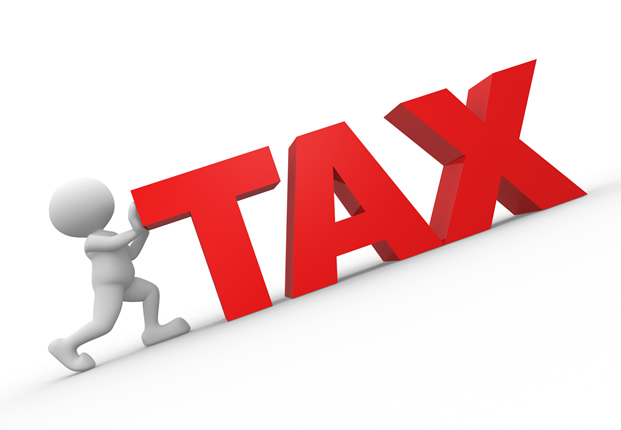IN a bid to overhaul Nigeria’s fragmented and chaotic tax system, plug loopholes for tax evasion and increase the tax to GDP ratio, which presently at 10.8 percent is one of the lowest in Africa, President Bola Tinubu on June 26, 2025 signed four new bills into law. Justifying the new tax regime, the Federal Government argued the old one was outdated, cumbersome to implement and unfair to the low income segment of the population.
The new laws – the Nigeria Tax Act, the Nigeria Revenue Service Act, the Joint Revenue Board Act and the Nigeria Revenue Service Act – merge various rules into a single, easier-to-understand code and eliminates more than 50 small, overlapping taxes. The presidency said reducing the number of taxes and eliminating duplication, will make doing business easier. The tax reforms also aim to transit the country into a more progressive tax system, streamline revenue collection processes, and establish a more supportive fiscal framework.
Essentially, the laws aim to give tax relief to low income households, as many will no longer have to pay income tax while also enjoying price relief on essentials. Micro and small businesses also stand to benefit through more streamlined bureaucracy, which could help boost compliance and encourage informal traders to enter the tax system.
At the macro level, Value Added Tax remains at 7.5 percent with a projection that tax to GDP ratio for the country will rise to 18 percent. Tax-to-GDP ratio is a measure that indicates a country’s tax revenue as a percentage of its gross domestic product (GDP). It reflects how much of a nation’s economic output is collected as taxes, providing insight into a country’s capacity to fund public services and enhance development. At the present 10.8 percent, Nigeria is far behind the average 33.9 percent for developed countries and African countries’ average of 16 – 18 percent. Attaining the target 18percent will require a lot of political will as the local currency and transactions outside the formal sector are accounted for mainly by the political class where a lot of money circulates.
Given that the reforms are central to President Tinubu’s economic agenda, which targets raising Nigeria’s tax-to-GDP ratio within the lifespan of the current Medium Term Expenditure Framework (MTEF), care must be taken to put machinery in place for its success. However, experts have warned that without structural alignment and political will, the reforms may fall short of their transformative promise.
According to experts, gaping holes in the pieces of legislation could derail the implementation and scuttle the ambitious goals, a possibility that calls for urgent realignment and tackling of the inherent weakness. The Federal Government does not seem to have addressed a critical part of the tax reform – building the institutional frameworks, including capacity building, without which the country risks huge revenue losses.
Tax experts have expressed concern about the Nigeria Revenue Service Act, which replaces the Federal Inland Revenue Service (FIRS) with a new, independent agency, the Nigeria Revenue Service (NRS). The NRS may turn into a behemoth as it is expected to take over the collection of duties and other taxes from the Nigeria Customs Service (NCS) and the Nigerian Upstream Petroleum Regulatory Commission (NUPRC). Without adequate capacity building, the new agency may struggle to match the operational effectiveness of the Customs and the NUPRC whose enforcement arm includes well-trained officers at border points and ports.
Considering the weak culture of taxation in the country where tax evasion has become a national pastime, especially among the political class, a high dose of political will as well as the buy-in of the states are imperative to counter attempts to sabotage and scuttle the reform.
We believe a comprehensive reform of the tax system as is embedded in the four new laws is just what the country needs to address the chaos that has deprived the nation of optimum revenue through indiscriminate waivers and the undue intrusion of the human element that gave room for fraud.
President Tinubu deserves commendation for initiating the reform. Like every new project, it should be diligently monitored at this early implementation stage and adjustments effected to ensure it is not sabotaged.


